Being in narcissistic relationships is one of the worst places to be. But in order to understand how to get out of one, it’s important to know what is narcissism, what is a narcissistic person like, and about narcissistic abuse syndrome overall.
To those who feel their souls being crushed in narcissistic relationships. To those who feel lost, alone, and shattered in narcissistic relationships. Being in a relationship with a narcissist can emotionally and mentally drain you, and make you feel hopeless and empty on the inside.
Since writing Codependency for Dummies, countless people contact me about their unhappiness and difficulties in dealing with a difficult loved one, frequently a narcissistic partner or parent who is uncooperative, selfish, cold, and often abusive.
Related: 22 Stages of Relationship Between An Empath and A Narcissist
Narcissistic Relationships
Partners of narcissists feel torn between their love and their pain, between staying and leaving, but they can’t seem to do either.
They feel ignored, not cared about, and not important. As the narcissist’s criticism, demands, and emotional unavailability increase, their confidence and self-esteem decrease.
Despite their pleas and efforts, the narcissist appears to lack consideration for their feelings and needs. Over time, they become deeply hurt and frustrated.
When the narcissist is a parent, by the time their children reach adulthood, the emotional abandonment, control, and criticism that they experienced growing up have negatively affected their self-esteem and capacity for achieving success or sustaining loving, intimate relationships.
What is Narcissistic Personality Disorder?
The term narcissism is commonly used to describe personality traits among the general population, usually someone who is selfish or seeks attention.
Actually, a degree of healthy narcissism makes a well-balanced, strong personality. On the other hand, a narcissistic personality disorder (NPD) is much different and requires specific criteria that must be met for a diagnosis.
It only affects a small percentage of people – more men than women. Someone with NPD is grandiose (sometimes only in fantasy), lacks empathy, and needs admiration from others, as indicated by nine of these summarized characteristics:
1. A grandiose sense of self-importance and exaggerates achievements and talents.
2. Dreams of unlimited power, success, brilliance, beauty, or ideal love.
3. Lacks empathy for the feelings and needs of others.
4. Requires excessive admiration.
5. Believes he or she is special and unique, and can only be understood by, or should associate with other special or of high-status people (or institutions).
6. Unreasonably expects special, favorable treatment or compliance with his or her wishes.
7. Exploits and takes advantage of others to achieve personal ends.
8. Envies others or believes they’re envious of him or her.
9. Has “an attitude” of arrogance or acts that way.
The disorder also varies from mild to extreme. But of all the narcissists, beware of malignant narcissists, who are the most pernicious, hostile, and destructive. They take traits 6 & 7 to an extreme and are vindictive and malicious. Avoid them before they destroy you.
Children of Narcissists
Narcissistic parents usually run the household and can do severe damage to the self-esteem and motivation of their children.
Often they attempt to live vicariously through them. These parents expect excellence and/or obedience and can be competitive, envious, critical, domineering, or needy. Although their personalities differ, the common factor is that their feelings and needs, particularly emotional needs, come first.
As a result, their children learn to adapt and become codependent. They bear the responsibility for meeting the parent’s emotional needs, rather than vice versa.
Whereas their parents feel entitled, they feel unentitled and self-sacrifice and deny their own feelings and needs (unless they, too, are narcissistic).
They don’t learn to trust and value themselves and grow up alienated from their true selves. They may be driven to prove themselves in order to win their parents’ approval but find little motivation to pursue their wants and goals when not externally imposed (e.g., by a partner, employer, or teacher).
Although they may be unaware of what was missing in their childhood, fear of abandonment and intimacy continues to permeate their adult relationships.
They’re afraid of making waves or mistakes and being authentic. Used to seeking external validation, many become pleasers, pretending to feel what they don’t, and hiding what they do.
By reenacting their family drama, they believe their only choice is to be alone or give up themselves in a relationship.
Often adult children of narcissistic parents are depressed and have unacknowledged anger, and feelings of emptiness. They may attract an addict, a narcissist, or another unavailable partner, repeating the pattern of emotional abandonment from childhood.
Healing requires recovery from codependency and overcoming the toxic shame acquired growing up in a narcissistic home.
Related: How Parents Create Narcissistic Children
Partners of Narcissists
Partners of narcissists feel betrayed that the considerate, attentive, and romantic person they fell in love with disappeared as time went on.
They feel unseen and lonely and long for emotional connection. In varying degrees, they find it difficult to express their rights, needs, and feelings and to set boundaries.
The relationship reflects the emotional abandonment and lack of entitlement they experienced in childhood. Because their boundaries weren’t respected growing up, they’re highly sensitive to criticism and defenseless to narcissistic abuse.
As their relationship progresses, partners admit feeling less sure of themselves than they once did. Uniformly, their self-esteem and independence steadily decline. Some give up their studies, career, hobbies, family ties, or friends to appease their partner.
Occasionally, they experience remembrances of the warmth and caring from the person with whom they first fell in love—often brilliant, creative, talented, successful, handsome, or beautiful.
They don’t hesitate to say that they’re committed to staying in the relationship if only they felt more loved and appreciated. For some people, divorce is not an option.
They may be co-parenting with an ex, staying with a spouse for parenting or financial reasons, or they want to maintain family ties with a narcissistic or difficult relative. Some want to leave but lack the courage.
Narcissistic Abuse
Narcissists use defenses to hide their deep and usually unconscious shame. Like bullies, they protect themselves through aggression and by wielding power over others.
Malignant narcissists are maliciously hostile and inflict pain without remorse, but most narcissists don’t even realize they’ve injured those closest to them, because they lack empathy. They’re more concerned with averting perceived threats and getting their needs met.
Consequently, they aren’t aware of the hurtful impact of their words and actions. For example, one man unbelievably couldn’t understand why his wife, whom he had long cheated on, wasn’t happy for him that he had found joy with his paramour.
It was only when I pointed out that most women wouldn’t be pleased to hear that their spouse was enjoying sex and companionship with another woman that he suddenly grasped the error of his thinking.
He had been blinded by the fact that he’d unconsciously sought his wife’s blessings because his narcissistic mother never approved of his girlfriends or choices.
Narcissistic abuse can include any type of abuse, whether physical, sexual, financial, mental, or emotional abuse. Most often it involves some form of emotional abandonment, manipulation, withholding, or other uncaring behavior.
Abuse can range from silent treatment to rage, and typically includes verbal abuse, such as blaming, criticizing, attacking, ordering, lying, and belittling. It may also include emotional blackmail or passive-aggressive behavior.
Related: 19 Signs You Were Raised By a Narcissistic Mother or Father
Treatment
Not many narcissists enter therapy unless they’re pressured by a partner or suffer an extreme blow to their image or self-esteem.
However, even if the narcissist refuses to get help or change, your relationship can markedly improve by changing your perspective and behavior.
In fact, learning about NPD, raising your self-esteem, and learning to set boundaries are just a few of the many things you can do to significantly better your relationship.
Want to know more about narcissistic relationships? Check this video out below!
©Darlene Lancer 2017
Written by Darlene Lancer JD, MFT Originally appeared on What Is Codependency
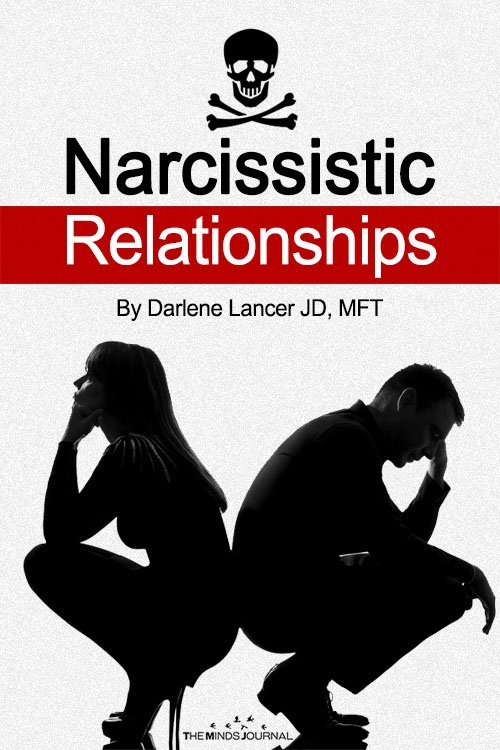
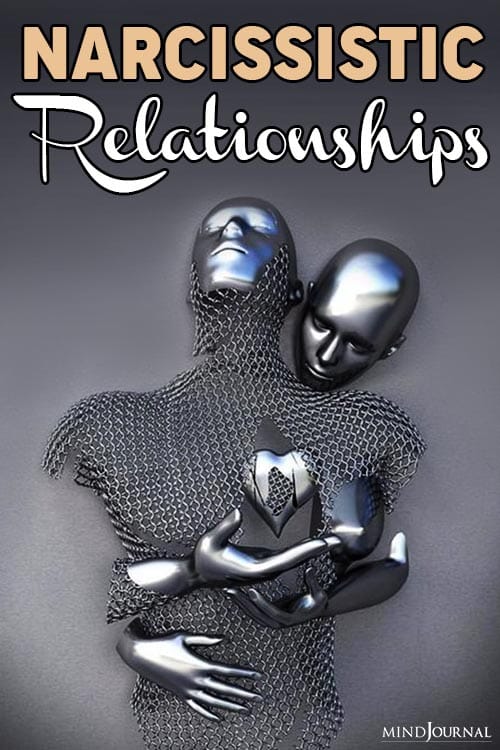
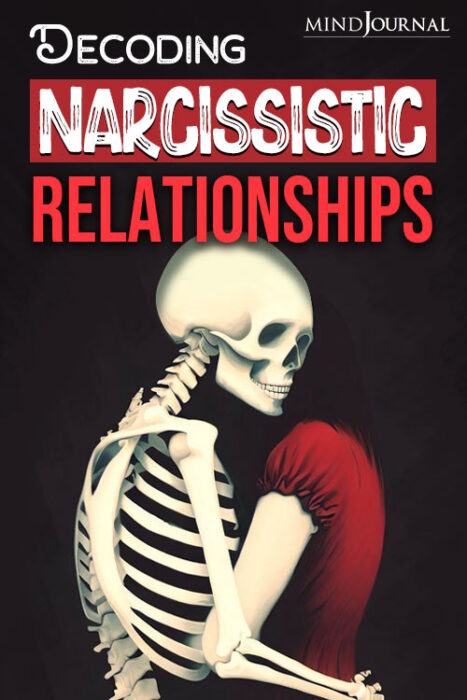
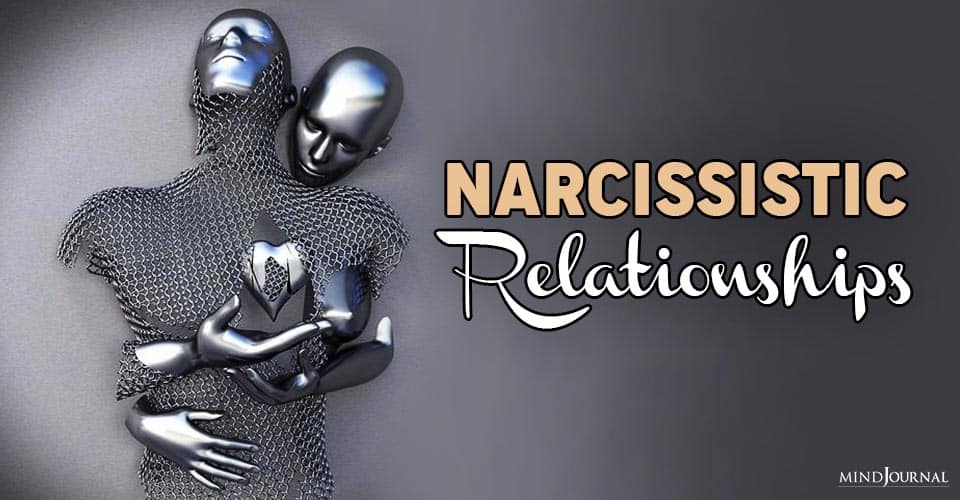
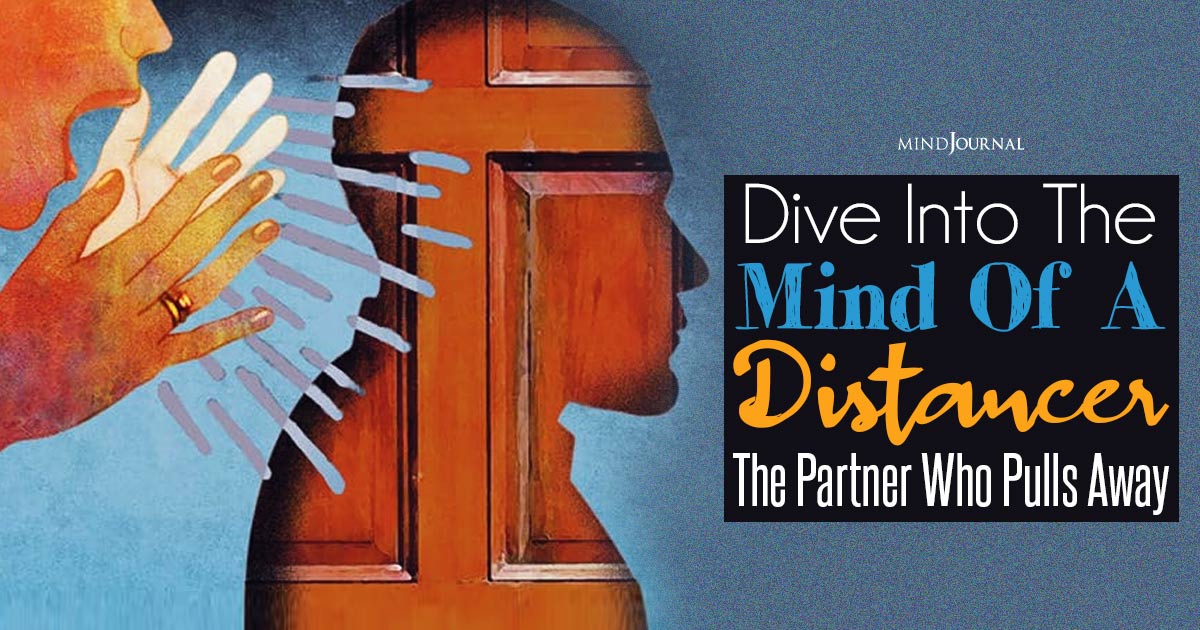


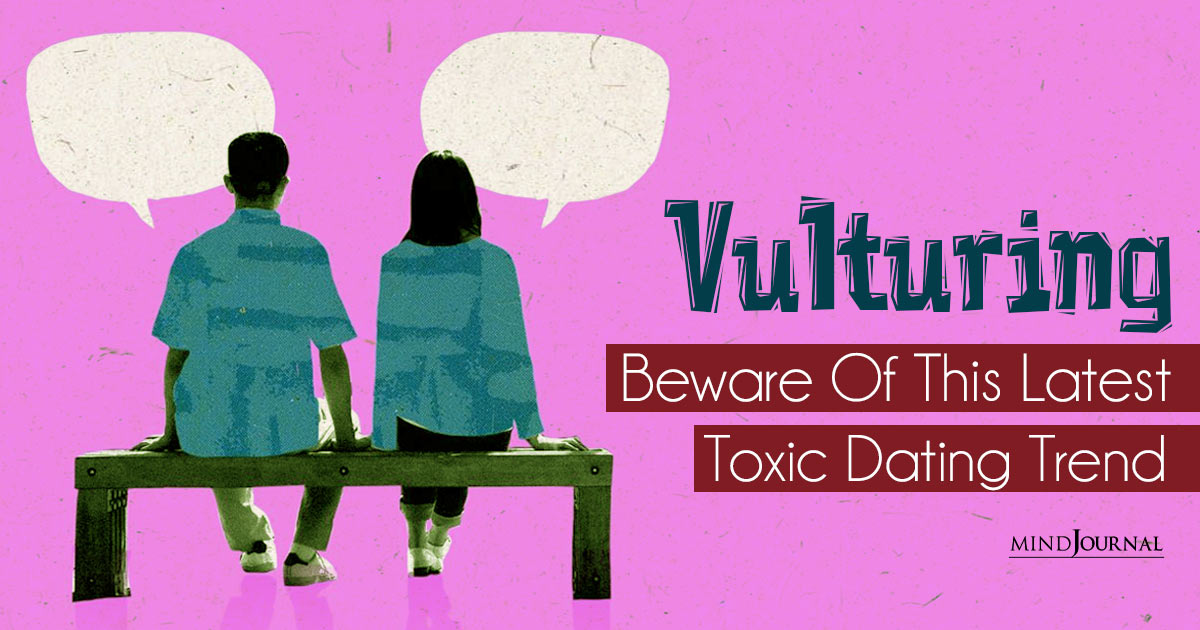
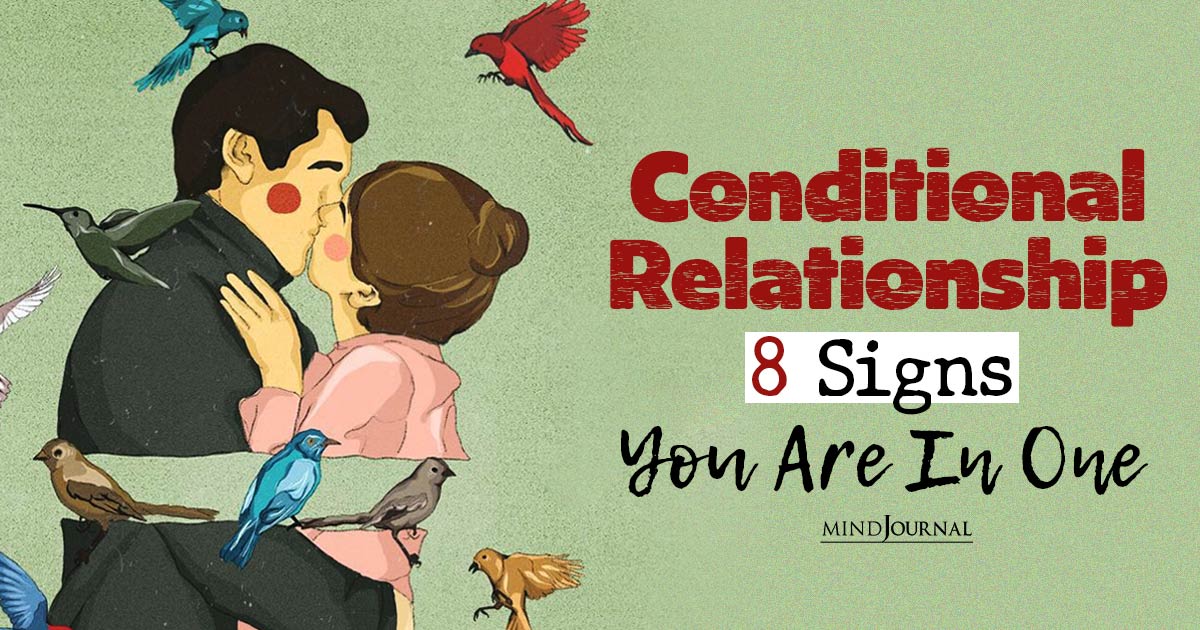


Leave a Reply
You must be logged in to post a comment.